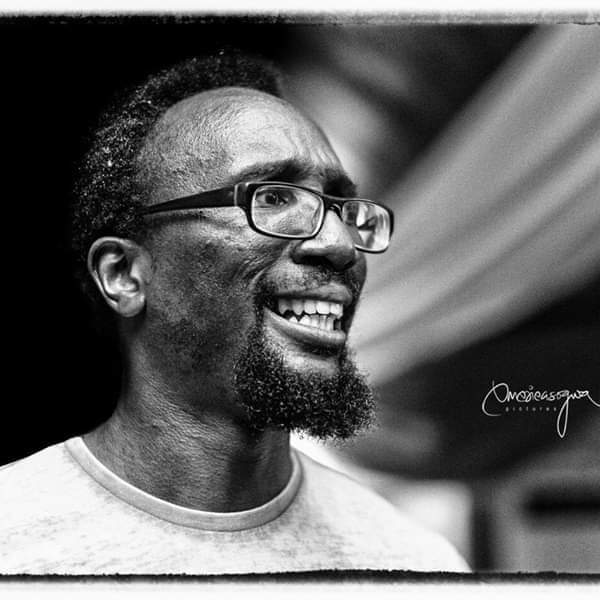–Dike Chukwumerije
It was always going to be near impossible for the lockdown to be effective in Nigeria. This is because it is always difficult to cut one size of cloth and ask everybody to wear it. To truly see it through the eyes of others, you must imagine the limit of your own financial stamina. How long can you go without income before you become desperate? We will all have different answers, yes. But imagine you were told this lockdown would last for 28 times the maximum length of time for which you can hold your financial breath. This is the challenge confronting those of us surviving below the poverty line.
Imagine. That even on the worst days of the Boko Haram crisis, long after people like me and you had expunged Borno from our list of acceptable travel destinations, long after we had stopped even considering flying above the danger into the relative safety of its capital city, there were thousands of our fellow Nigerians plying the road from Potiskum to Maiduguri regularly, travelling to Gwoza, travelling to Chibok, because they had no choice. Imagine. That there are millions of us out there who know what dirty water looks like, what it smells like, but are still scooping it up in their hands to drink it because the alternative is naked thirst. Imagine. What it takes for a woman to decide to strap her baby to her back and board the back of a rickety truck heading across the Nigerian border into the Sahara, with the distant hope of making it all the way to Europe. Imagine.
It was always going to be near impossible for the lockdown to be effective in Nigeria because the difference in the appetite for risk between rich and poor in this country is as wide as the economic gap between them. Every day, there is a young boy or girl with a tray of groundnuts weaving between traffic, risking being knocked down by callous drivers, just to close a sale worth N100. To this person, the added risk of contracting the corona virus and dying from it does not significantly alter the slim chances they already face of living to 56. For them, the decision to breach the lockdown is as rational as the decision made by someone with 6 months’ worth of savings in the bank, and the capacity to buy the cure whenever it becomes available, to keep it. It is important to understand this.
That the prospects of dead bodies in the streets does not frighten us all equally in an unequal society. This is the truth. That before you can use the spectre of death to cajole people into obedience you must, in previous times, have invested in giving them a quality of life worth protecting in the first place. This is the philosophy behind the lockdown in more advanced countries, where people are asked to stay home – not to eliminate the virus – but to protect their health services from being overwhelmed by too many people falling sick at the same time. For them, the lockdown is a tool for breaking one mega wave of infection into smaller sequenced waves that can, therefore, be better managed by their health systems. Here, it is not the same. Here, our health services were already overwhelmed long before the coronavirus showed up. So, what do we hope to achieve by asking people to stay home?
I know. You will say – to avoid a further spread of the virus, to save lives. Yes, it is true, the whole world is caught between the devil and the deep blue sea right now. But in backing away from the devil we must remember that we were standing a lot closer to the edge of the deep blue sea than most others when this devil appeared. For this reason, we cannot take as many horrified steps backwards in retreat, for we simply do not have the same wriggle room. Sooner, rather than later, we will all have to find in our hearts the same courage those young children show when they dash out into our dangerously chaotic streets in search of life. For, in truth, regardless of the fancy cars and degrees and houses we the minority own as elites in this country, when it comes to the global economy, we as a nation are firmly, firmly in the lower income bracket. For this reason, in times of uncertainty, we must show a higher willingness to dare. Afterall, na die we dey already.
